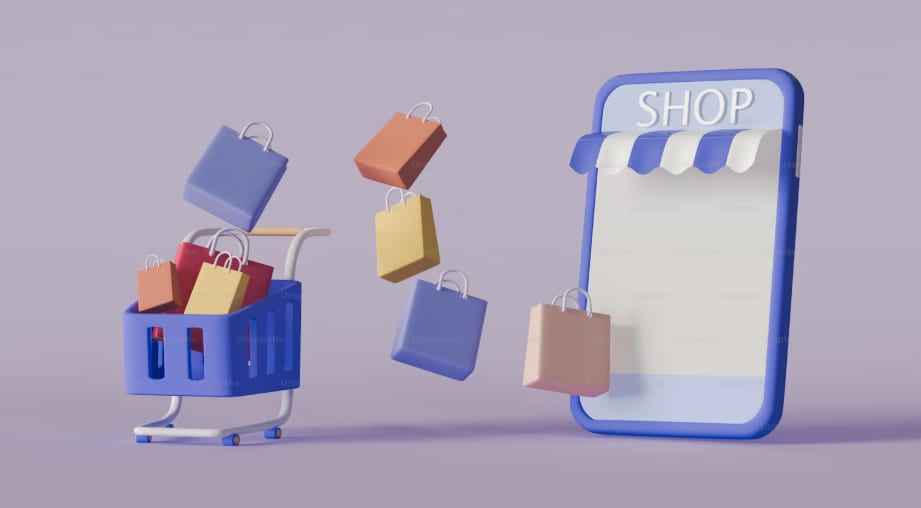If YouTube, Netflix, Google have child filters, why don't quick commerce apps? Viral LinkedIn post sparks debate
The mother, who enables her two daughters, aged 9 and 14, to use UPI and delivery apps for everyday essentials like food, snacks, and stationery, highlighted a deeply concerning issue: "What if your 9-year-old came to you holding a sex toy or a condom packet? Would you be okay with it?"
ADVERTISEMENT
A recent LinkedIn post from a working mother and CEO has gone viral, sparking a crucial debate about the unexpected exposure of children to adult products on popular quick commerce and food delivery apps. The post questions why platforms like Zomato, Swiggy, and Blinkit, unlike YouTube or Netflix, lack basic parental controls such as child profiles, PIN-protected sections, or age-appropriate filters.
The mother, who enables her two daughters, aged 9 and 14, to use UPI and delivery apps for everyday essentials like food, snacks, and stationery, highlighted a deeply concerning issue: "What if your 9-year-old came to you holding a sex toy or a condom packet? Would you be okay with it?"
She pointed out that these apps, now "household companions," deliver adult products like condoms and vibrators alongside school supplies and chocolates, often without any age verification, locks, or warnings. "My children haven’t searched for anything explicit," she noted, "But these products show up anyway, alongside categories like toys, chocolates, or wellness."
The post underscores that while children may not actively search for such items, their visibility within familiar shopping environments presents a new challenge for digital parenting. The concern isn't about shame or moral policing, but about ensuring "responsible access, timing, and digital parenting tools."
The outcry has not gone unheard. Deepinder Goyal, CEO of Zomato, responded to the viral post, acknowledging the gravity of the situation. "I am a parent as well, and this issue is deeply personal to me," Goyal stated. "This is already on top of our minds, and we are working to solve it. You should see progress on this front very soon."
The debate emphasizes a growing demand for these tech platforms to evolve beyond mere logistics providers and prioritize child safety, mirroring the protective features already available on entertainment and search platforms. Parents are urging tech teams, founders, and product managers to consider the trust placed in their apps by families and to "make tech smart — but also safe."
Read More:Zomato's SRK ad: A high-budget diversion from real issues?
Read More:Inside quick commerce brand wars: Smear tactics, platform fights and founder feuds


